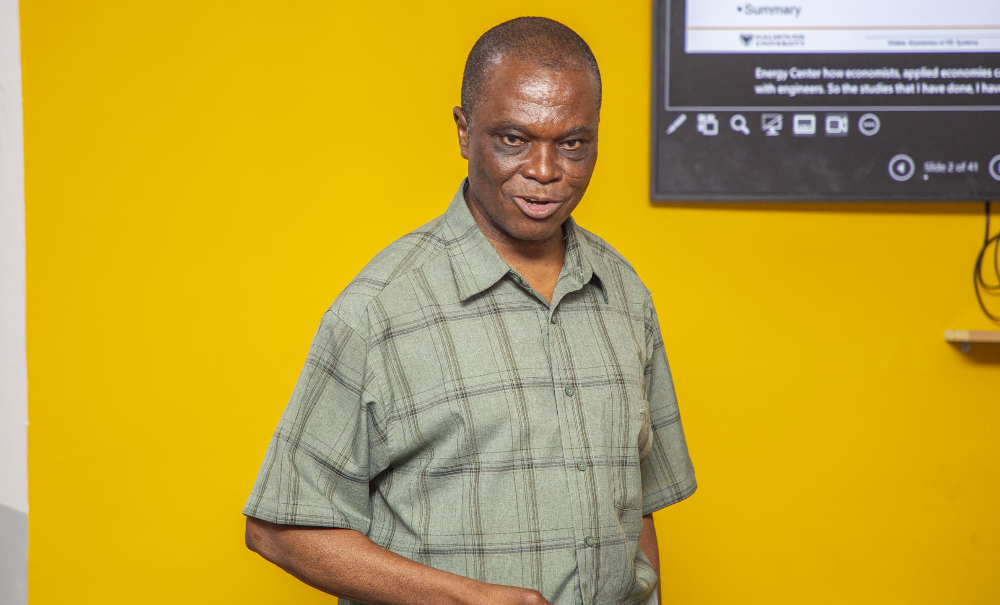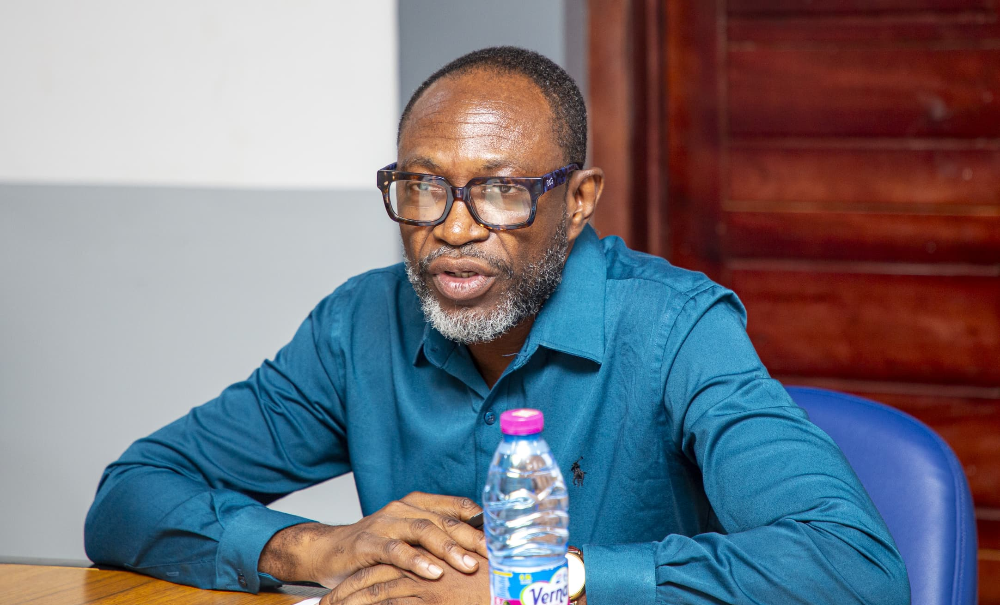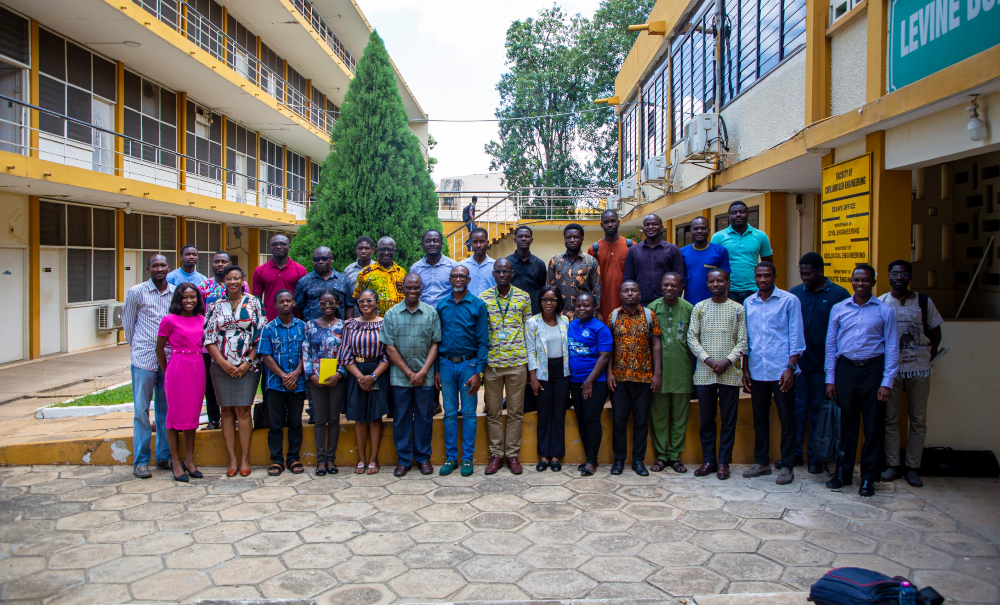Professor Emmanuel Yiridoe, an agricultural and renewable energy economist from Dalhousie University in Canada, has issued an urgent call for collaboration between engineering and economic sciences in addressing global energy challenges. He emphasised that solving renewable energy issues requires a joint effort between technical innovation and socio-economic understanding.

Speaking at an academic seminar organised by the Brew-Hammond Energy Centre (TBHEC) in collaboration with the College of Agriculture and Natural Resources (CANR), Professor Yiridoe highlighted the critical role of both disciplines in shaping the future of renewable energy. The seminar, themed “Economics of Renewable Energy Systems: Findings from Wind and Hybrid Energy Studies,” brought together engineers, economists, researchers, and academics working in the renewable energy sector.
“There are two sides to the energy equation,” Professor Yiridoe noted. “On one hand, there's the question of how energy is produced, which is typically within the realm of engineering. On the other, there's how that energy is used by society. Humans are social beings, and economic science helps us understand behavioural patterns and financing models. That’s not an engineering function. Therefore, for a comprehensive understanding and effective solutions, both disciplines must collaborate.”
Sharing findings from his research, Professor Yiridoe stated that renewable energy generation is viable but depends on a wide range of variables. These include natural factors such as sunlight and wind availability, as well as financial and infrastructural considerations.
“The economic dimension often determines whether energy generation is viable or not,” he said. “We must integrate economic modeling with engineering design to develop sustainable and scalable solutions for renewable energy.”

Dr. John Bosco Dramani, the Energy Policy and Systems Modelling Research Group Lead under the Brew-Hammond Energy Centre acknowledged the multiple benefits of renewable energy technologies, while cautioning that these advances also come with costs. “Discussing renewable energy development within an economic context is not only timely but essential, especially in this era of energy transition,” he added.
Professor David Ato Quansah, The Director of the Centre took the opportunity to underscore the significant work being done by the Brew-Hammond Energy Centre. He highlighted the Centre’s research groups and ongoing projects aimed at driving innovation and sustainability in Ghana’s energy landscape.
The seminar attracted stakeholders from across the renewable energy value chain, including engineers, economists, research assistants from the Brew-Hammond Energy Centre, and researchers from the College of Agriculture and Natural Resources.

















